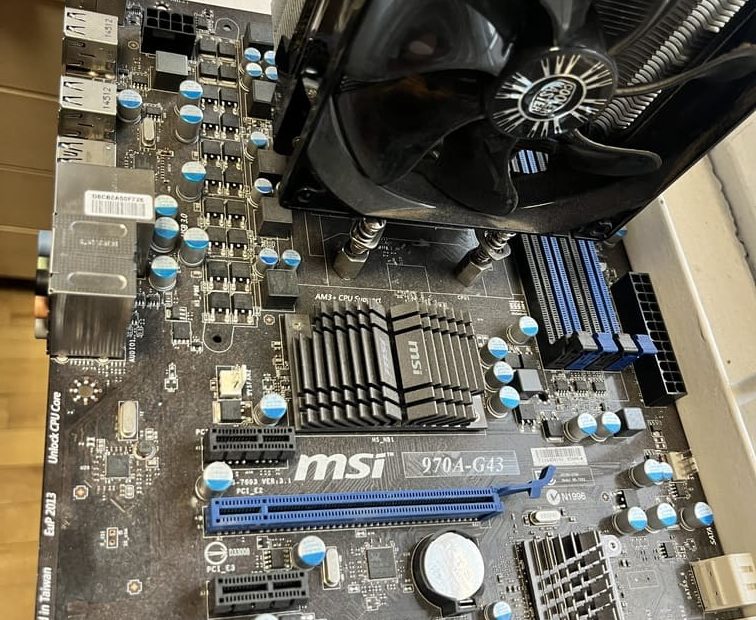Hardware problems can be quite frustrating, especially when you don't know the cause. One of the most common hardware problems is overheating. Overheating occurs when a computer or device is unable to dissipate heat efficiently. This can happen for a variety of reasons, such as blocked air vents or insufficient airflow in the case. Other causes could be a faulty fan, dust build-up that blocks airflow, or a power supply that cannot supply enough power to the system.
If the computer overheats due to blocked air vents, make sure all obstructions are cleared and check that the fan blades are rotating properly. You should also regularly clean the inside of your computer case to remove dust and other build-up. If your computer is still overheating, you may need to invest in better cooling components, such as additional fans or a liquid-cooling system.
If you suspect that the power supply is not able to provide sufficient power to the system, it may be time to upgrade. Check your system specifications to determine what type and capacity of power supply you need. Finally, make sure that all cables are properly connected and that nothing has become loose or disconnected over time.
By understanding the most common hardware problems, such as overheating, and how to solve them, you can ensure that your computer runs smoothly for years to come. By taking preventive measures, such as regular cleaning and, if necessary, upgrading components, you can reduce the likelihood of overheating or other hardware problems. Knowing what to do when these problems occur will save you time and money in the long run.

